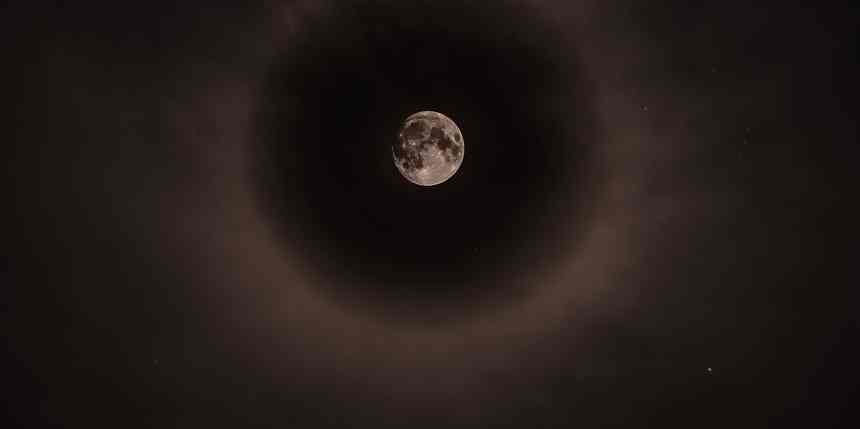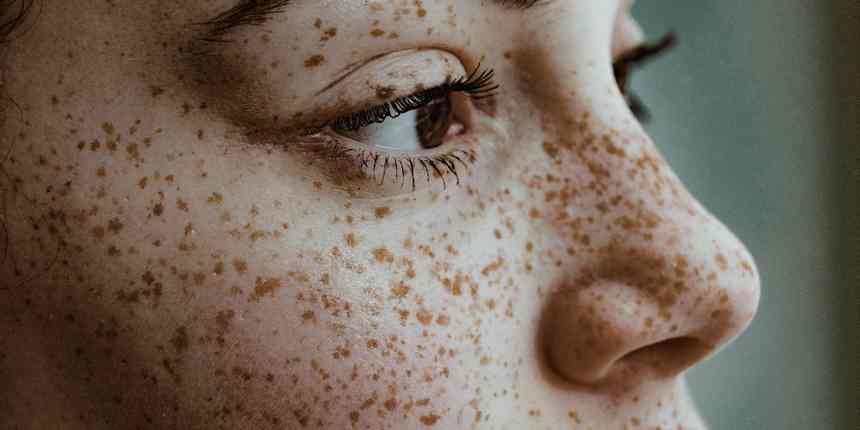While getting a good night's sleep is always the goal, you might find that it's harder to get the standard eight hours of rest on some nights than it is on others. According to a new study published in Science Advances, there may be a reason why you're not falling or staying asleep: a full moon. Researchers studied the difference in sleep from those in rural and urban areas, and they found that people went to bed later than usual and actually slept less at the tail end of the 29.5-day lunar cycle, in which the moon is initially hard to see (a new moon), then it is full and bright (a full moon), and then the pattern continues. Simply put, participants in this study got the least amount of sleep on the nights before a full moon, the Daily Mail reports.
 Credit: Alex Eggermont / Getty Images
Credit: Alex Eggermont / Getty Images
"We see a clear lunar modulation of sleep, with sleep decreasing and a later onset of sleep in the days preceding a full moon," Horacio de la Iglesia, the study author at the University of Washington, explained. "Although the effect is more robust in communities without access to electricity, the effect is present in communities with electricity, including undergraduates at the University of Washington."
Related: How to Stop Nightmares and Get a More Restful Night's Sleep During the Coronavirus Pandemic
The researchers came to their conclusion after tracking the sleep of their participants from three indigenous Argentinian communities and University of Washington students with wrist monitors. While access to electricity differed throughout each community, the study found that all recorded less sleep about three to five nights before a full moon.
"Even though in urban settings with high amounts of light pollution, you may not know what the moon phase is unless you go outside or look out the window. Future research should focus on: Is it acting through our innate circadian clock? Or other signals that affect the timing of sleep? There is a lot to understand about this effect," Leandro Casiraghi, the lead author and a postdoctoral researcher at University of Washington's Department of Biology, said. "In general, artificial light disrupts our innate circadian clocks in specific ways—it makes us go to sleep later in the evening, it makes us sleep less," de la Iglesia added. "Those are the same patterns we observed here with the phases of the moon."








